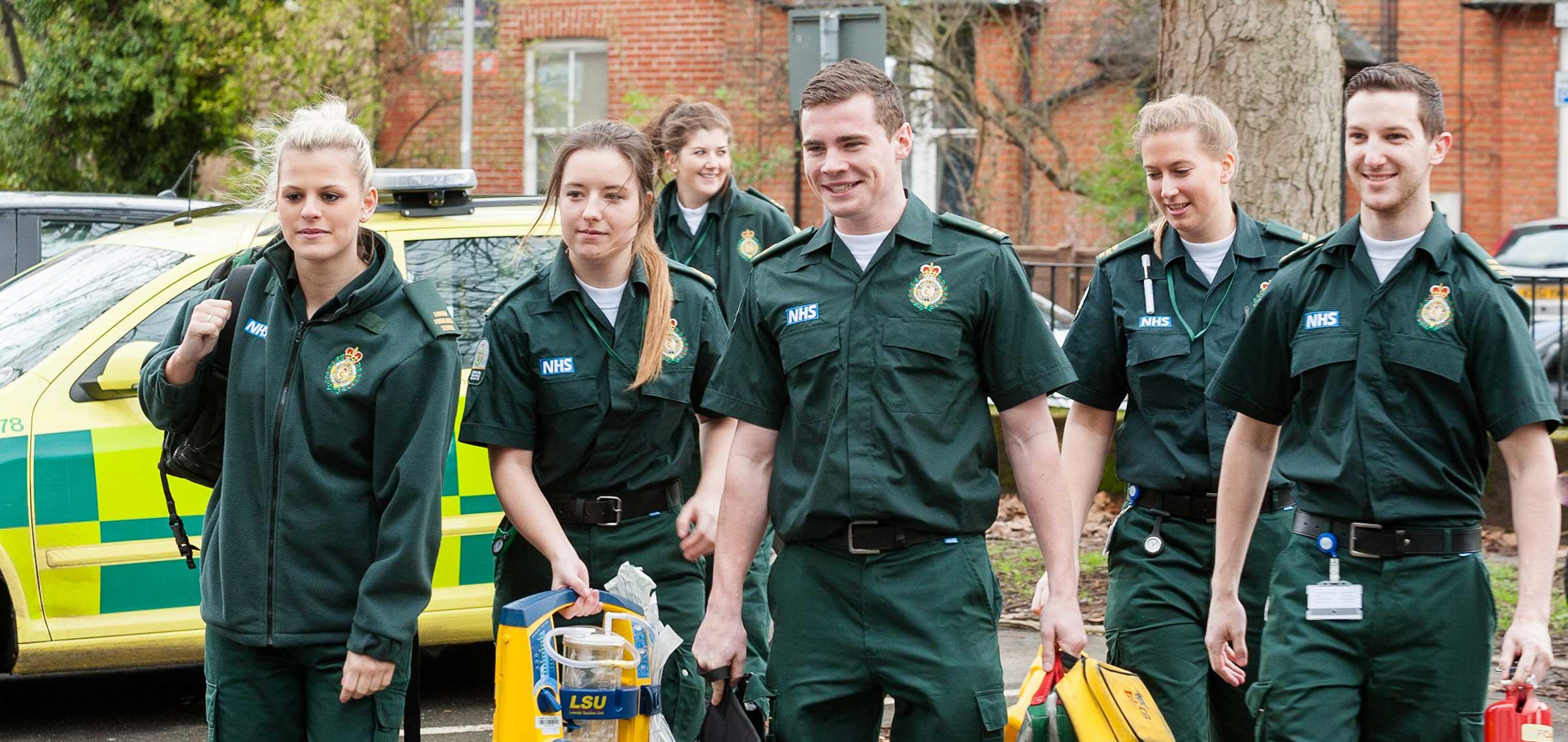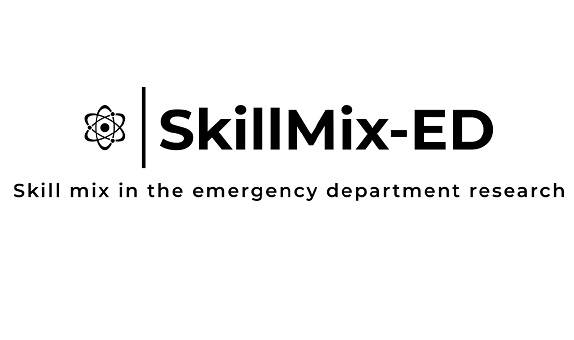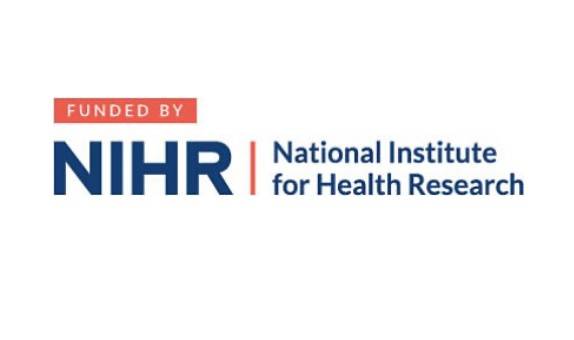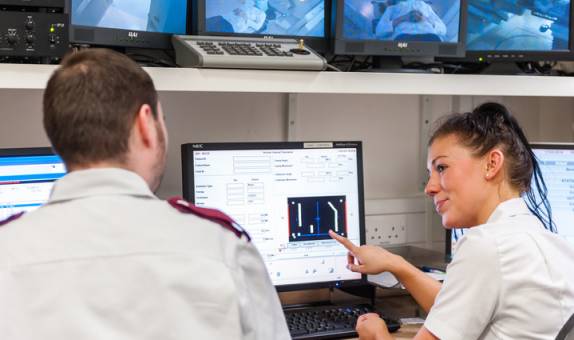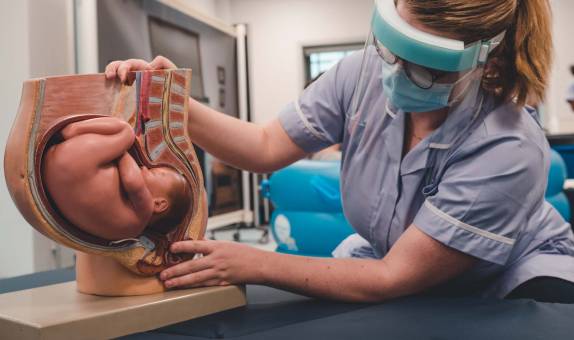Increasing demand for emergency care has occurred alongside staffing shortage, particularly of doctors. Re-shaping of the workforce has resulted, including the introduction of non-medical practitioners, such as nurse practitioners and physician associates in Emergency Departments and Urgent Treatment Centres. Non-medical practitioners is a generic term for qualified staff from other health professions who are trained to undertake some of the work of doctors in training grades. Despite 20 years of non-medical practitioners being employed in Emergency Departments, there is limited evidence of effectiveness of individual roles, and none as to appropriate skill-mix of staff, at what level of independence from senior medical staff.
The aim of this study is to explore the impact of different skill-mix of staff, including non-medical practitioners, in Emergency Departments and Urgent Treatment Centres on patient experience, quality of care, clinical outcomes, activity, staff experience and costs in acute NHS trusts in England. We are investigating the optimal balance of doctors, nurses, and non-medical practitioners in NHS Emergency Departments and Urgent Treatment Centres in order to inform workforce decisions of clinicians, managers and commissioners.
The study will be carried out in four phases.
Phase One will find out in detail what the staffing models are in Emergency Departments/Urgent Treatment Centres. We will look at published research evidence and at NHS public documents, and we will interview regional and national senior NHS clinicians, managers, commissioners and lay representatives. Then, we will look for patterns in information about staff which is already collected regularly across England. We will look at what non-medical practitioners do and how independently they work in two different Emergency Department/Urgent Treatment Centres.
We will ask a panel of patient and public involvement representatives and a panel of non-medical practitioners to help us to understand these findings. We will develop a system for classifying ‘skill-mix' in each organisation. We will also think of a way to measure how much support and supervision non-medical practitioners need.
Phase Two will look at figures regularly collected from all NHS Trusts in England between 2017 and 2021, to assess whether different skill mixes lead to different patient outcomes. We will look especially at the number of patients who return to the Emergency Department within a week.
Phase Three will involve looking in detail in six Emergency Department/Urgent Treatment Centres. We will collect in-depth local data to add to the national data we looked at in Phase Two. This will include looking closely at staff records and patients' clinical records to tell us more detail about skill-mix in the organisations and the outcomes for patients. We will gauge how independently the types of practitioners assess and treat patients. We will also survey and interview patients so that we can understand their experience, and we will interview staff for their views.
Phase Four will pull all the results together. We will ask our panels of patient and public involvement representatives and non-medical practitioners to help us again. We will make recommendations on skill-mix of staff, at what level of independence from senior medical staff that will deliver the best outcomes for patients, for staff and for the NHS.
ClinicalTrials.gov Identifier:
NCT04770766 https://clinicaltrials.gov/ct2/show/NCT04770766?term=NCT04770766&draw=2&rank=1
We will publicise our findings and evidence-based recommendations with professional, patient and public groups. We will use presentations, summaries, web-based video and social media to share our findings with patients, staff and employers. We will regularly update this web page.
The study is being conducted over three-and-a-half years and started in March 2021.
This study is an independent research project funded by the National Institute for Health Research Health Service and Delivery Research. Our National Institute for Health Research funding number is: NIHR131356.
The NIHR award page is https://fundingawards.nihr.ac.uk/award/NIHR131356
Patient and public involvement representatives have helped design the study. We have formed an independent Patient and Public Involvement panel who can feed in their views and experiences to all parts of the study. The panel is run by a patient and public involvement expert, who is a member of the core study team.
Throughout this study, we will hold a number of meetings with both our Non-Medical Practitioner panel and Study Steering Committee.
The role of the Non-Medical Practitioner panel is to contribute emergency department/urgent treatment centre non-medical practitioner views and opinions on all aspects of the SkillMix-ED study. Members of the panel were selected from responses to a call for participants circulated on social media by the Royal College of Emergency Medicine Advanced Clinical Practitioner Chair. The professional backgrounds of our Non-Medical Practitioner panellists broadly covers nurses, paramedics, and physiotherapists, from diverse geographic regions of England.
The role of the Study Steering Committee is to provide oversight of the project on behalf of the Project Sponsor and Project Funder. Members of the Study Steering Committee were drawn from a broad variety of professional backgrounds and include: NHS healthcare professionals, members of professional healthcare organisations, Patient and Public Involvement representatives, and experts in emergency and urgent care provision.
If you have any questions or want to find out more, you can contact the core study team directly: Skillmix-ed-study@sgul.kingston.ac.uk.
You can follow the study's progress on Twitter @SkillmixE
Newsletters
Mailing list
If you wish to be added to the mailing list for study updates please email Skillmix-ed-study@sgul.kingston.ac.uk with ‘Subscribe to newsletter' in the subject heading.
